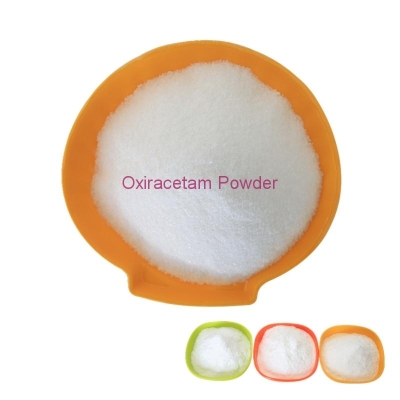-
Categories
-
Pharmaceutical Intermediates
-
Active Pharmaceutical Ingredients
-
Food Additives
- Industrial Coatings
- Agrochemicals
- Dyes and Pigments
- Surfactant
- Flavors and Fragrances
- Chemical Reagents
- Catalyst and Auxiliary
- Natural Products
- Inorganic Chemistry
-
Organic Chemistry
-
Biochemical Engineering
- Analytical Chemistry
- Cosmetic Ingredient
-
Pharmaceutical Intermediates
Promotion
ECHEMI Mall
Wholesale
Weekly Price
Exhibition
News
-
Trade Service
Yesterday (August 10), “McDonald’s and other fast food packages were detected as carcinogens” rushed into hot searches.
According to a report by a foreign environmental protection organization, toxic substances were found in the food packages of major fast food restaurants such as McDonald’s and Burger King.
Perfluorinated and polyfluorinated compounds (PFAS)
.
According to a report by a foreign environmental protection organization, toxic substances were found in the food packages of major fast food restaurants such as McDonald’s and Burger King.
Perfluorinated and polyfluorinated compounds (PFAS)
.
At present, both McDonald's and Burger King have responded: PFASs are not added to the food packaging materials used in China, which fully meets the relevant national standards
.
Please rest assured!
.
Please rest assured!
Can the merchant’s response be believed? What exactly is PFAS? Can I still eat fast food?
This matter must be clarified
.
PFAS is the abbreviation for Perfluorinated and Polyfluorinated Compounds (PFAS)
.
.
PFAS is the abbreviation for Perfluorinated and Polyfluorinated Compounds (PFAS)
.
The PFAS family has many members, such as perfluorooctanoic acid (PFOA), perfluoroalkyl carboxylic acids (PFCA) and so on
.
.
Because they are wear-resistant, not easy to stain, and do not absorb water or oil, they are used in many fields such as food, chemicals, and textiles
.
.
In the field of food contact materials, the most extensive use of PFAS is the production of non-stick pan coatings and water and oil repellent coatings for paper products, such as the fast food packaging this time
.
.
Because of the enrichment of air, water, soil, and food chain, not only fast food packaging, but PFAS is indeed often detected in many foods, such as water, breast milk, aquatic products, meat, and eggs
.
.
As mentioned in the news, PFAS is indeed difficult to be degraded by the environment and is called a "permanent chemical"
.
.
Once PFAS are released into the environment, they will not disappear easily, with environmental persistence, long-distance migration and bioaccumulation
.
.
It is indeed toxic
.
Existing toxicological studies have shown that a certain dose of PFAS will affect
.
Existing toxicological studies have shown that a certain dose of PFAS will affect
Experimental animals cause liver toxicity, developmental and reproductive toxicity, genetic and immunotoxicity, and carcinogenicity
.
.
It is precisely because of this that the international community is currently calling for restrictions on the use of PFAS, and countries have also put forward some restrictions on PFAS for food contact
.
.
Of course, the news did not accurately state the dose that was checked out, and the toxicity could not be discussed without the dose
.
There is no evidence to prove that the residual PFAS dose in food packaging is harmful to the human body
.
.
There is no evidence to prove that the residual PFAS dose in food packaging is harmful to the human body
.
Of course you can
.
.
After all, according to the "GB 9685-2016 Standard for the Use of Additives for Food Contact Materials and Products", China currently does not approve PFASs, so all compliant packaging materials cannot be added, not just McDonald's or Burger King
.
.
And don’t forget that McDonald’s (China) has been renamed “Golden Arch” in 2017, and CITIC is currently the largest shareholder of McDonald’s (China)
.
.
This means that McDonald's (China) and the McDonald's (US) that was detected in the news are not the same company
.
.
In addition, judging from the results of a large number of risk assessments in various countries, it has not been found that PFOA (perfluorooctanoic acid) and PFOS (perfluorooctane sulfonic acid) in food will cause harm to humans
.
.
Take PFOA in a non-stick pan as an example, the U.
S.
Environmental Protection Agency
S.
Environmental Protection Agency
(EPA) and the American Cancer Society (ACS) both believe that consumers do not need to worry about Teflon and similar fluoropolymer products
.
.
In general, the current risk of PFAS in food is not great, so don't worry about normal diet
.
.







